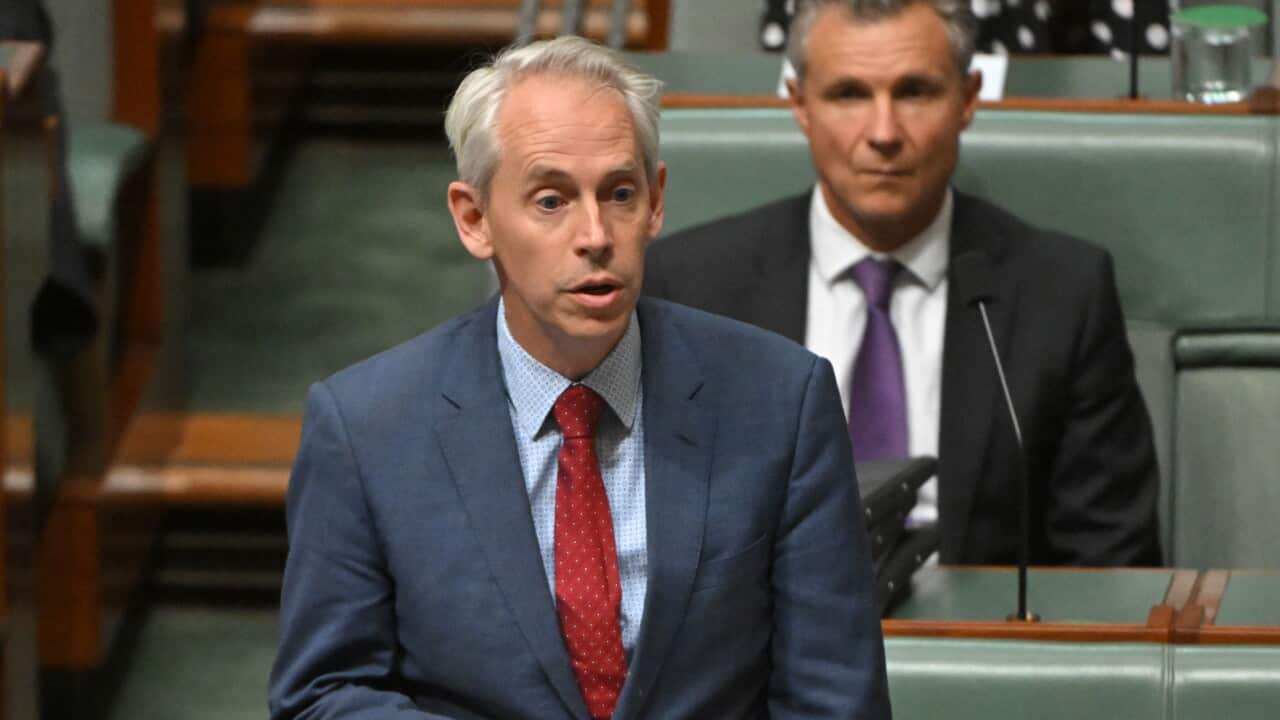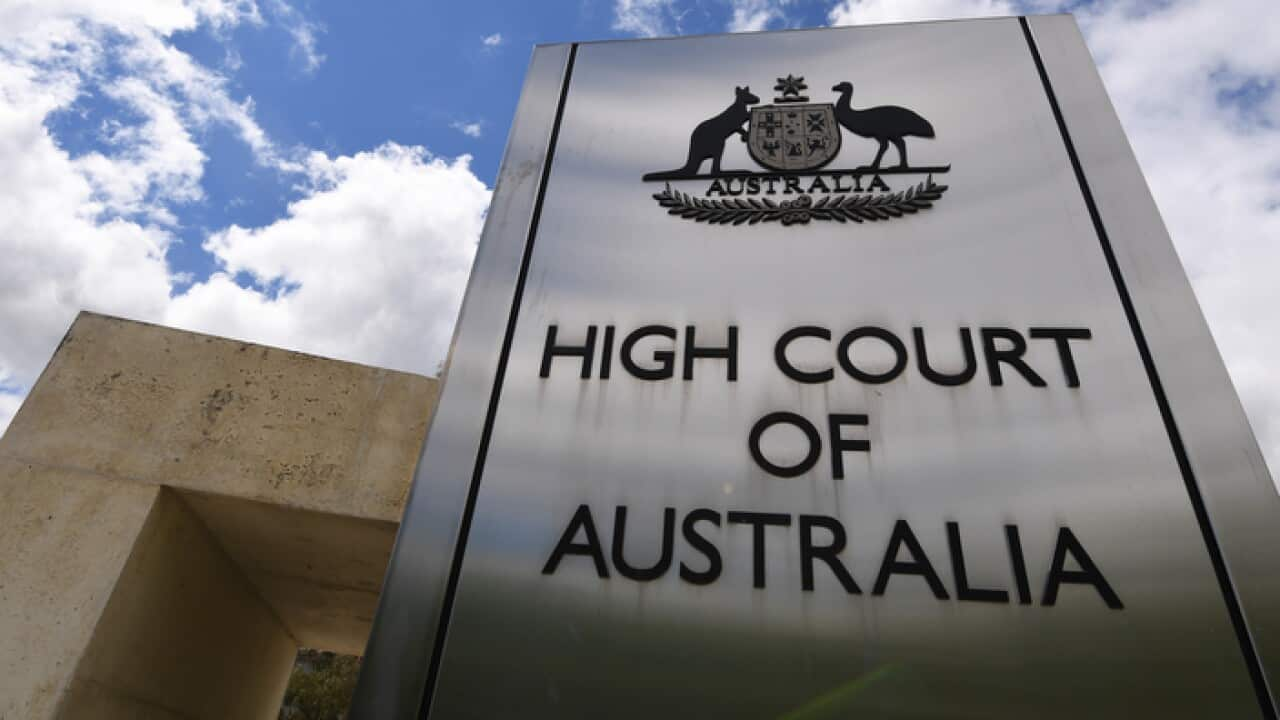Key Points
- The government has allocated $255 million to tighten oversight of released detainees.
- The Australian Federal Police will receive $88 million to monitor detainee compliance with new laws.
- The laws were passed rapidly after the High Court ruled indefinite detention to be unconstitutional.
People released from immigration detention will come under greater scrutiny, with $255 million allocated to enforce strict visa conditions.
Almost 140 detainees were released recently after the .
The cohort included some convicted criminals and, though they had already served prison sentences, growing outrage and concerns over a perceived danger to the community prompted the government to rush through emergency laws imposing strict visa conditions.
The Australian Federal Police (AFP) will get $88 million for regional response teams and personnel to investigate breaches of such conditions.
The government said the money would secure the ability of agencies to ensure individuals abided by the terms of their release, including curfews and wearing ankle monitors, and would increase capacity to bring prosecutions in the event of breaches.
Immigration Minister Andrew Giles said the government was making "strict laws stricter and tough laws tougher".
Of the 138 people released from immigration detention, 132 are being electronically monitored, four are being investigated by the AFP over non-compliance and the remaining two are being worked through as they are "difficult, complex cases" involving health issues.
The package includes $150 million for Australian Border Force to provide additional staff in compliance, investigations, removal and surveillance functions.
Though some of those released have committed serious crimes including sexual offences against children, others have served time for low-level offending — but all are subject to the same strict visa conditions.
Giles said the government was "leaving no stone unturned" in efforts on community safety.
"It's not talking tough that keeps Australians safe, it's strong laws, strong laws and a relentless focus on compliance," he told parliament.
"The legislation that we've introduced today will make our laws more durable and get ahead of any future challenges."
It comes as the High Court will hand down its legal reasons on Tuesday afternoon for its decision that indefinite detention is unlawful.
Asked whether the government would apply proportionality to its enforcement, Home Affairs Minister Clare O'Neil said it had put the emergency laws in place to manage community safety while awaiting the reasons behind the High Court's decision.
"When we receive reasons for [the] decision, we will be able to establish durable approaches," she told reporters on Monday.
O'Neil also announced a service to help victims of crimes committed by released detainees engage with support providers and the government.

Almost 140 detainees were released recently after the High Court ruled indefinite detention unlawful. Source: AAP / Lukas Coch
"We want to make sure the government knows what it's doing when it comes to these detainees," he told Sky News.
Independent MP Kylea Tink introduced a private member's bill to parliament on Monday which moved to stop the government indefinitely detaining non-citizens.
The proposal, which was in the works before the High Court handed down its decision, would cap immigration detention at 90 days and would also ban children from being held.












